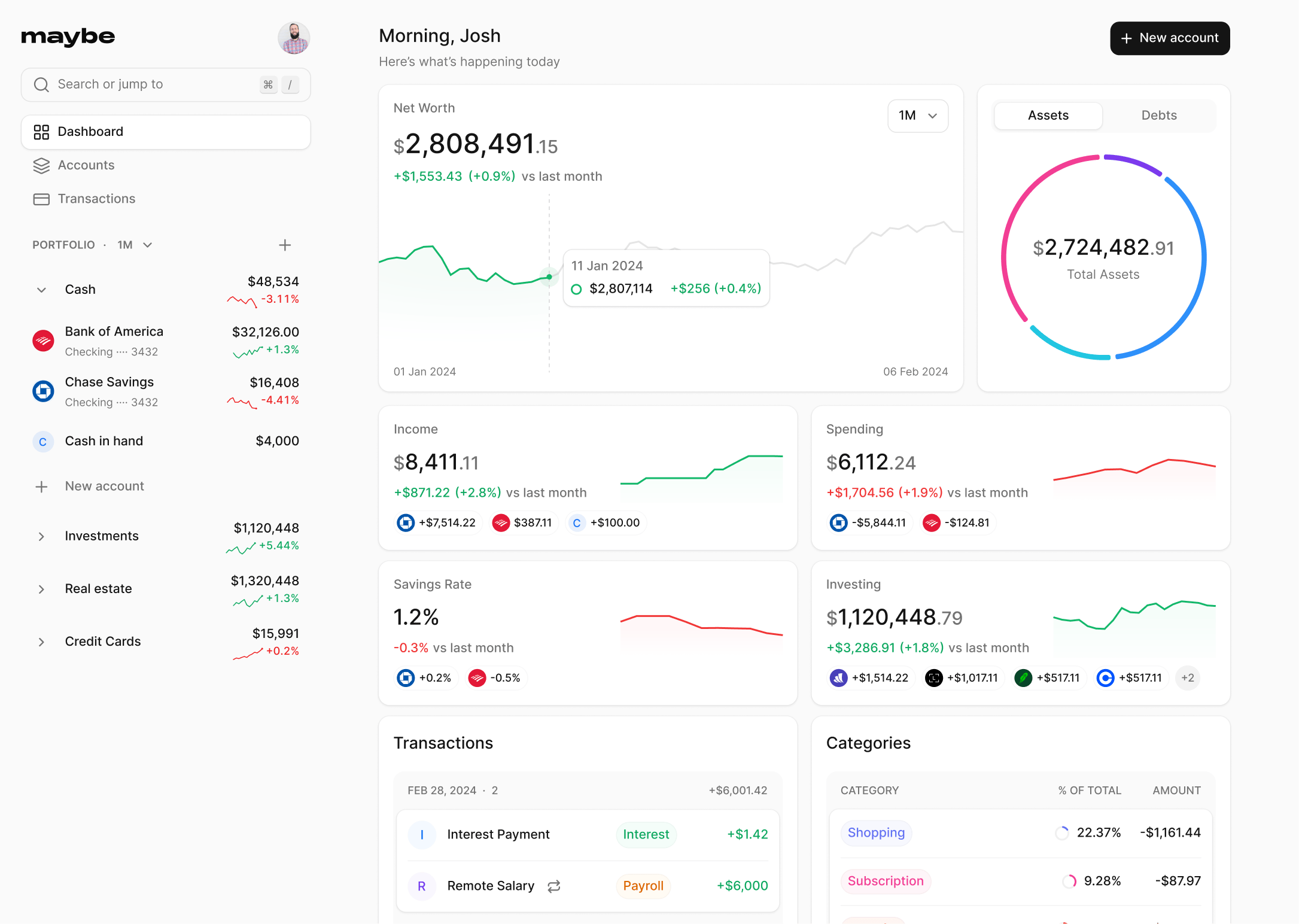Financial Terms / E - F / Employee stock options
Employee stock options
Employee stock options are financial derivatives that companies use to incentivize their employees and executives. Employers offer stock options that employees can encash after a stipulated period at a specific price.
Discover more financial terms
Join the Maybe  waitlist
waitlist
Join the waitlist to get notified when a hosted version of the app is available.
